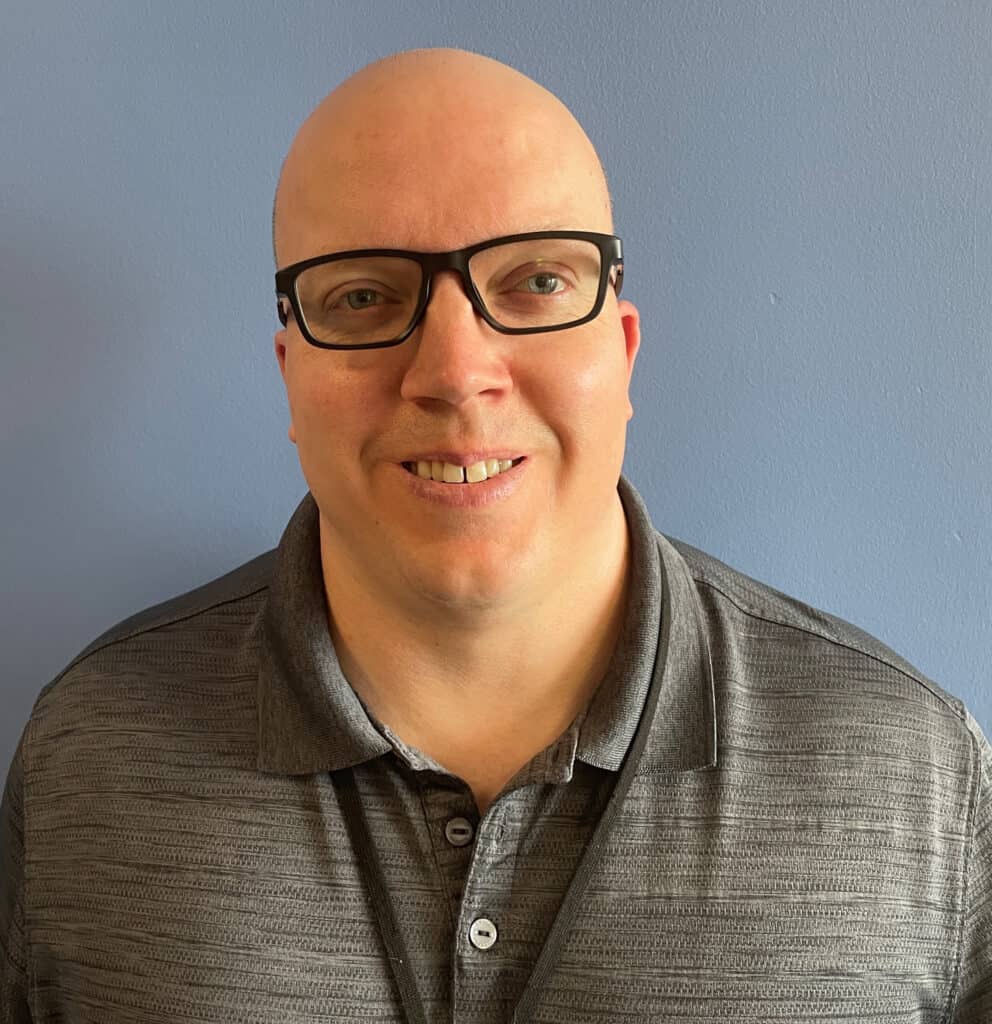
Ashley Acheson. Ph.D., is a behavioral neuroscientist investigating how family history and early life experiences influences brain and behavioral development in childhood and early adulthood, with a focus on mechanisms contributing to risk for problem substance use.
Prior to arriving at UAMS, Dr. Acheson completed his doctoral studies at the University of Buffalo SUNY. He then completed National Institute on Drug Abuse and National Institute of Mental Health T32 postdoctoral training at the University of Chicago and the University of Texas Health Science Center at San Antonio (UTHSCSA) prior to becoming a Department of Psychiatry faculty member at UTHCSA where he was supported by a KL2 scholar award prior to receiving his first NIH research grants.
Publications
https://scholar.google.com/citations?user=mjf-UHEAAAAJ&hl=en
Research Funding
https://reporter.nih.gov/search/iXBJcJi1tU6EJngdsgDtNg/projects
Current Projects
Family Health Patterns (FHP) Project
The FHP Project is a long-running study aimed at characterizing behavioral and biological factors associated with family histories of alcoholism and early-life adversity exposure. Activities during the current funding period are focused on examining how family histories of alcoholism and early-life adversity affect immune regulation and frontal white matter myelination and health. Ultimately this work hopes to better inform how family history and early life experience influence risk for problem alcohol and other drug use.
We are currently seeking healthy young adults ages 18-25 to participate in this study. If interested, please go to https://base.uams.edu/redcap/surveys/?s=4K3NRPKYEE.
HEALthy Brain and Child Development (HBCD) Study
The HBCD study is the largest ever study of child brain development. It will follow 7,500 children from the prenatal period to at least ages 9-10. The study will investigate how things like prenatal opioid and other drug exposure, nutrition and early life environment influences influence risk for early substance use, mental disorders, and other behavioral and developmental problems. It will also identify resilience factors that may mitigate some of these adverse outcomes. For more information please see https://hbcdstudy.org.
Locally, we will be recruiting 300 children and their parent to participant. Information on how to participate will be available soon.
